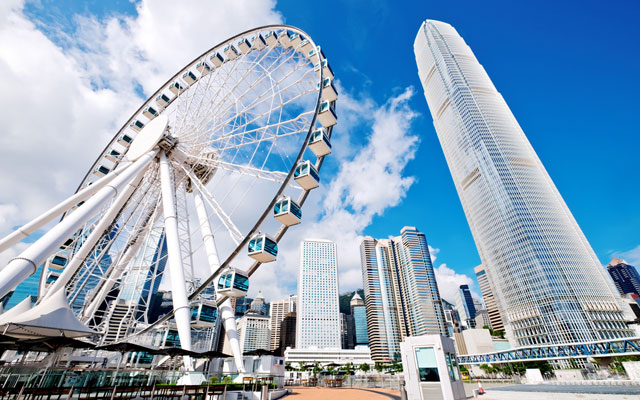Singapore and Hong Kong have reached an in-principle agreement to set up a two-way air travel bubble, which will allow for travel between the two destinations without the need for quarantine or a controlled itinerary.
Under the travel bubble, there will be no restrictions on travel purpose. However, travellers will be subject to mutually recognised Covid-19 tests and will need to have negative test results, said the Ministry of Transport (MOT) in a press release on Thursday. Those travelling under the bubble will also be required to travel on dedicated flights, it added.

The air travel bubble can be scaled by adjusting the number of dedicated flights upwards or downwards, or even suspended, in line with the latest developments and Covid-19 situation in the two cities, said MOT.
Transport minister Ong Ye Kung said in the release: “Both our cities have low incidence of Covid-19 cases and have put in place robust mechanisms to manage and control Covid-19. This has given us the confidence to mutually and progressively open our borders to each other. It is significant that our two regional aviation hubs have decided to collaborate to establish an air travel bubble.
“It is a safe, careful but significant step forward to revive air travel, and provide a model for future collaboration with other parts of the world.”
According to the MOT, Singapore and Hong Kong will flesh out the full details of the air travel bubble “in the coming weeks”, with its launch date and other implementation details to be announced in due course.
Conrad Clifford, IATA’s regional vice president for Asia Pacific, welcomed the announcement of the Hong Kong-Singapore air travel bubble.
“Replacing quarantine measures with Covid-19 testing will help in reopening borders, restoring the connectivity that jobs and economic activity depends on, and gives passengers greater confidence to travel. In a recent 11-market survey of travellers commissioned by IATA, 83 per cent of respondents indicated that they will not travel if there is a chance of being quarantined at their destination,” he said.
Clifford also urged other governments in Asia to take a similar approach to replace quarantine with Covid-19 testing as part of their efforts to reopen their borders and start restoring their economies.




















